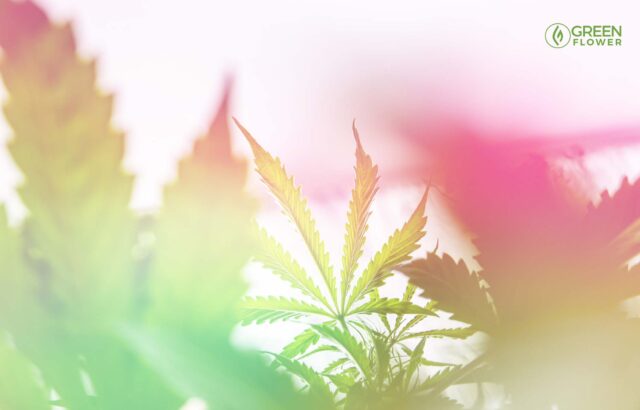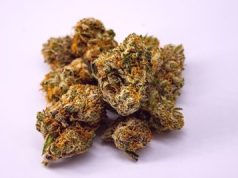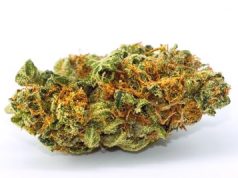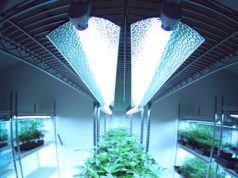The marijuana or cannabis business social network has a grey area in the minds of consumers and legislators, with half of the population looking at it with wariness and the other half with acceptance and gratitude.
What is clear though is that it’s a lucrative sector, and has the potential to become even more, thanks to the passing of the 2018 Farm Bill. Now investors and industry insiders are scrambling to ensure the bright future of the US hemp industry is realized.
Benefits of Legalization
The 2018 Farm Bill legalizes hemp. This is a big step forward for the hemp industry, which has been tarred for decades with the same brush as marijuana and thus kept farmers from taking advantage of its many uses.
Hemp is a cousin of marijuana as both come from the Cannabinaceae family. However, hemp doesn’t have the “high” that marijuana is notorious for. The plant has very low tetrahydrocannabinol (THC) levels. This is the psychoactive component that gives marijuana users a buzz.
With the Farm Bill now in place, the US hemp industry can flourish. Hemp can be used in clothing, paper, rope, and construction. It’s also a source of cannabidiol (CBD), which is currently a million-dollar industry.
CBDs are used for numerous medicinal, health, and wellness purposes. CBD has anti-convulsive and anti-inflammatory properties. People use it to manage anxiety, pain, and other conditions, without worrying about getting high. CBD is also making its presence felt in the beauty industry, with serums and skin creams now being introduced.
The hemp market is an $800 million industry at the moment, but the legalization can push it to stratospheric heights. Analysts predict the US hemp market to reach $20 billion by 2022. It could even overtake cotton as one the world’s number one crop.
READ Glo Extracts Review Cannabis Oil Cartridges are Lab Tested and Safe
The potential profit trend for industrial hemp is huge for investors, and we’re not just talking about hemp-derived CBD. Data from the Hemp Business Journal showed that while CBD was responsible for significant sales, non-CBD hemp products still hold a more substantial piece of the hemp industry.
Potential Markets for US Hemp
US hemp is gearing up to become one of the crops that will revolutionize the future. While CBD is the one currently in the spotlight, hemp offers so much more. It also has numerous applications in the fields of medicine and the US hemp industry that can benefit the economy tremendously.
Here are some markets that hemp can have a serious impact:
Food and Beverages
Hemp seeds have high nutritional value. One seed has 25% more omega-3 oils and protein than walnuts. Meanwhile, hemp leaves can be used in salads and hemp oil as a dietary supplement. The plant can also be used as an alternative to dairy in the form of hemp milk and distilled into any alcoholic drink.
Hops and hemp are from the Cannabinaceae family, so they’re considered as sister species. Its similarities to hops and its fast growth cycle make hemp an ideal ingredient in making beer, cider, fruit brandy, vodka, and wine.
More importantly, hemp will not add a kind of extrasensory effect to the drink outside of what one usually experiences when consuming copious amounts of alcohol.
Livestock
Incorporating hemp in the animal feed is an open secret among farmers, but the restrictions placed on growing the plant has limited its use. But with the government passing a law that allows for the study of the plant’s usefulness and possible applications in animal feed, farmers might have more leeway in its use. It will also open more doors for the US hemp industry.
If hemp can be grown in larger quantities, it could mean a more natural and safe food source for livestock. It also gives farmers a more self-sustaining cash crop.
Textile
It’s more economical to grow industrial hemp than cotton. First, it requires half the amount of water needed to grow cotton. It will also yield 200 to 250% more. Hemp is naturally resistant to pests, and its deep roots will maintain the soil’s good quality. The US hemp industry can also expand and venture to plastic alternatives and building and construction.
Growing Pains
While the US hemp industry is making great strides in terms of production and innovation, law enforcement and regulations are still playing catch up, and this is confusing.
There was a case where Idaho police seized a $1.3 million hemp shipment. While it’s theoretically legal to ship industrial hemp across different states, Idaho law rules marijuana as any plant with THC. So even if hemp is a different plant, Idaho’s definition gave its police the right to seize the shipment.
Unfortunately, “growing pains” are part of any change. There will undoubtedly be more road bumps ahead for the US hemp industry, but the rewards are worth it.
References:
https://energyandresourcesdigest.com/bright-future-ahead-us-hemp-market/








